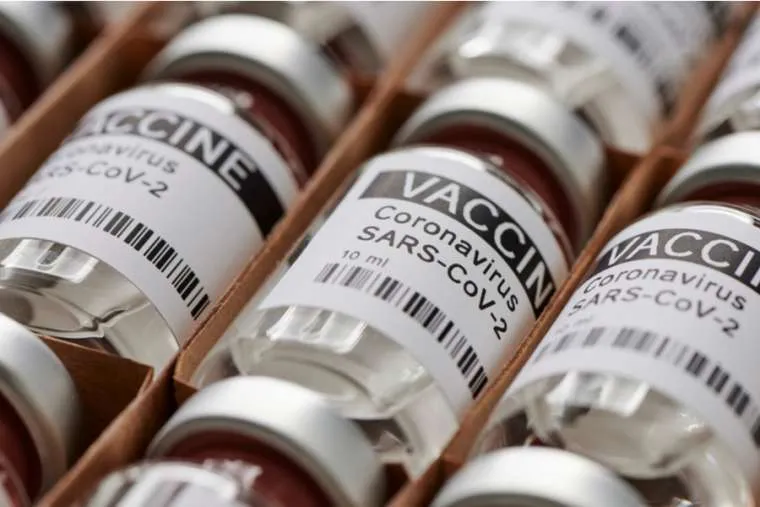Nairobi, 07 March, 2021 / 1:10 pm (ACI Africa).
The international refugee organization of the Society of Jesus (Jesuits), the Jesuit Refugee Service (JRS), is calling on countries across the globe to include refugees and other forcibly displaced persons in COVID-19 vaccination.
In the Thursday, March 4 report obtained by ACI Africa, the leadership of the Jesuit agency, which runs programs in six continents among them Africa, “calls on global leaders to ensure that COVID-19 vaccine efforts prioritize all countries equally, and include refugees and other forcibly displaced people in each country’s vaccine distribution plans.”
“Equal access to vaccinations is necessary to ensure public health for all in society. We cannot heal and move forward until all of us, including forcibly displaced people, are vaccinated,” JRS International Director, Fr. Thomas H. Smolich has been quoted as saying in the report.
As an entity accompanying forcibly displaced persons in 56 countries across the world, “our presence highlights the moral and ethical obligation to ensure that refugees are safe and protected from the virus,” the Jesuit Cleric adds.
“With the large majority of all forcibly displaced people living in the developing world, JRS particularly supports non-discriminatory policies that include refugees and displaced people in vaccine distribution and education efforts in these countries,” JRS officials say.








